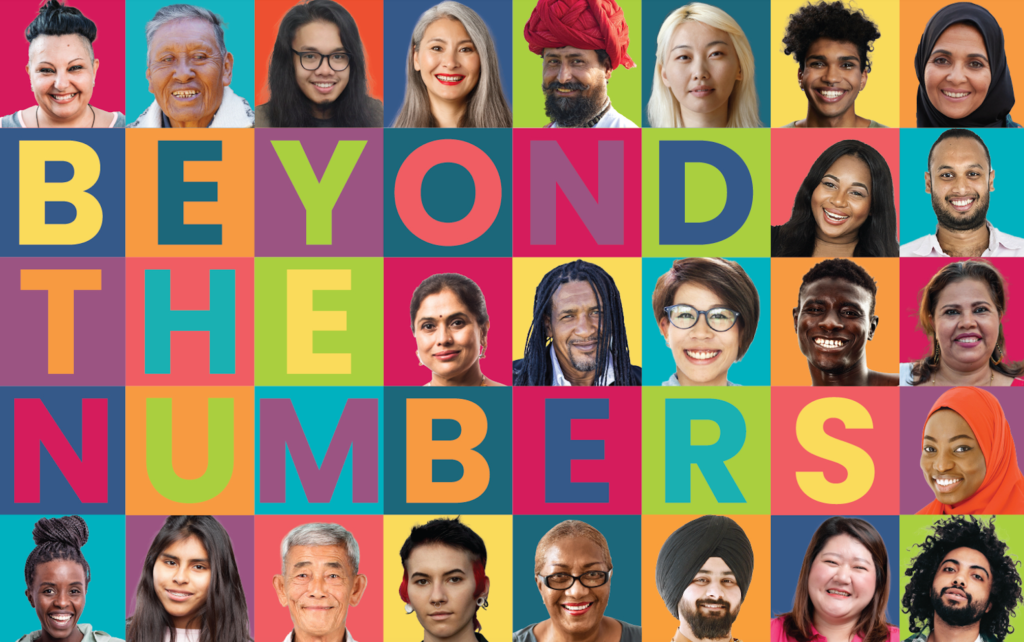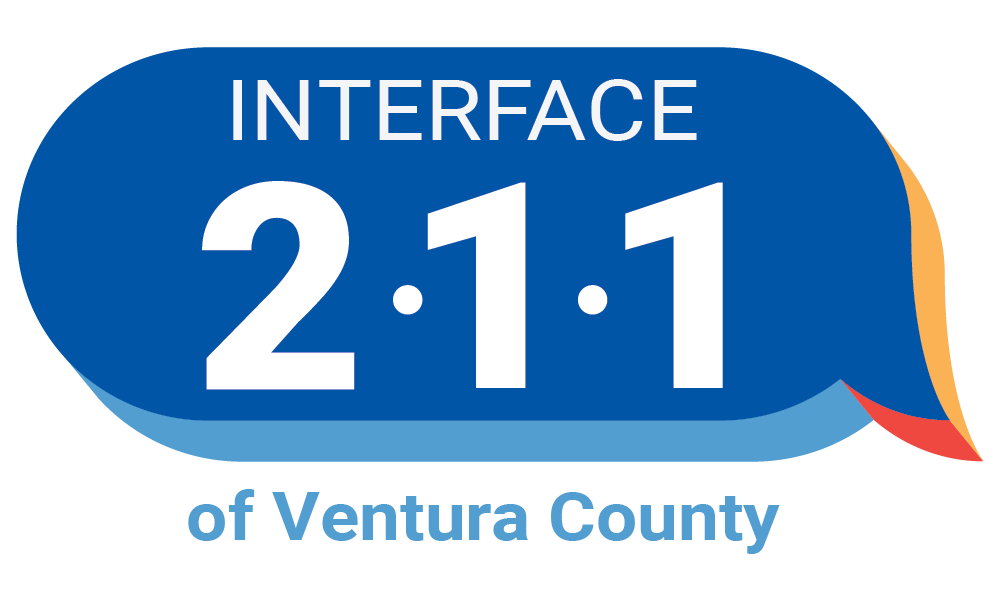 Our language is full of stereotypes, and many of them have been around for so long that we don’t even realize they are embedded in how we think about groups of people. Have you ever heard of a “model minority?” It’s a stereotype commonly applied to members of the Asian American community who, as a group, often receive praise for success in academic, economic, and cultural arenas. These successes are often offered in contrast to the perceived achievements of other racial groups. The Asian American, under this stereotype, should present a host of specific behaviors. They should be smart (i.e., naturally good at math and science), wealthy, hard-working and self-reliant, docile and submissive, uncomplaining, and spiritually enlightened. Most of all, they should never require assistance from others.
Our language is full of stereotypes, and many of them have been around for so long that we don’t even realize they are embedded in how we think about groups of people. Have you ever heard of a “model minority?” It’s a stereotype commonly applied to members of the Asian American community who, as a group, often receive praise for success in academic, economic, and cultural arenas. These successes are often offered in contrast to the perceived achievements of other racial groups. The Asian American, under this stereotype, should present a host of specific behaviors. They should be smart (i.e., naturally good at math and science), wealthy, hard-working and self-reliant, docile and submissive, uncomplaining, and spiritually enlightened. Most of all, they should never require assistance from others.
My friend, Emily, is Chinese American. She is also a high achiever and earner, a leader in her church and her workplace, and a devoted mother, spouse, and daughter. She recently had a series of panic attacks that threatened the stability that she has carefully cultivated for her entire adult life. As she has processed the events with a therapist, she is gradually unpacking a heavy backpack. She has to be perfect at work. She has to be perfect at home. She has to be perfect at church. There is no space for her to spread out and be. Perfection is what everyone has expected of her since she was a child—she was to be the model minority. This expectation has built so much pressure inside Emily’s heart and mind that she finally burst. What was the tipping point? She cites the rash of hate crimes against Asian people in the United States in the last several years.
I can’t blame he r. In 2021, crimes against Asian and Asian American people in the United States increased 339%. In response, about a third of Asian Americans report changing their daily routine due to concerns over threats and attacks, according to a recent study by Pew Research. What grieves me is that they are not alone. The same Pew study indicated that around a third of Black adults and about 14% of Hispanic adults say they worry every day or almost every day that they might be threatened or attacked due to their race or ethnicity. This is compared to just 4% of White adults.
r. In 2021, crimes against Asian and Asian American people in the United States increased 339%. In response, about a third of Asian Americans report changing their daily routine due to concerns over threats and attacks, according to a recent study by Pew Research. What grieves me is that they are not alone. The same Pew study indicated that around a third of Black adults and about 14% of Hispanic adults say they worry every day or almost every day that they might be threatened or attacked due to their race or ethnicity. This is compared to just 4% of White adults.
These kinds of fears are just one factor contributing to a rise in mental health concerns among people of color in the United States. People of color in the United States are also significantly less likely to receive mental health care than their White peers, according to the Department of Health and Human Services. Given this, July has been named the Bebe Moore Campbell National Minority Mental Health Awareness Month, a time of unique focus on the needs that racial and ethnic communities experiencing mental health challenges due to added cultural burdens.
During last year’s BIPOC Mental Health Awareness Month, Interface published a blog highlighting the generational trauma often experienced by BIPOC communities. Recognizing the unique histories and needs of BIPOC individuals, Interface understands the need for culturally responsive mental health services that meet individuals where they are, and we are dedicated to providing these services to BIPOC communities in and around Ventura County.
To access mental health resources, call our mental health intake line at 805-485-6114, ext. 662 M-F 9am-5pm. You can also help expand our influence by sharing Interface’s mental health work through our Ambassador for Change program and donating to help us build prevention programs and response resources to serve every last child and adult in Ventura County who may need healing.


